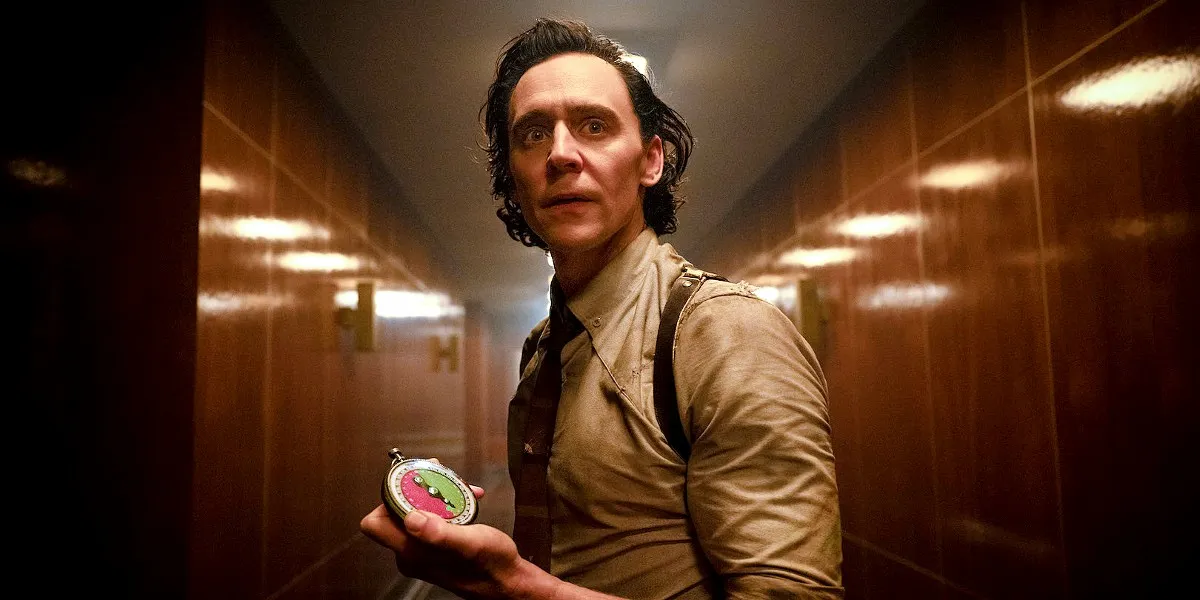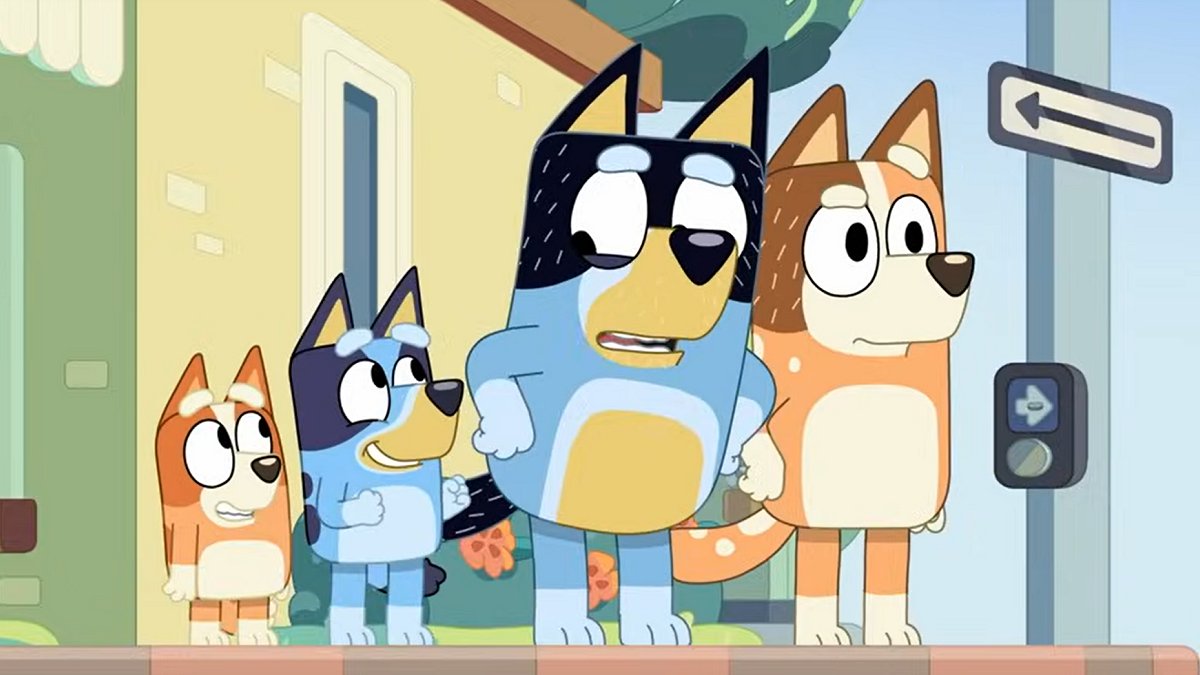In Loki season 2, episode 5, “Science/Fiction,” Loki’s time slipping returns—and his reaction is relatable to anyone who’s ever lived with chronic pain or disability. Can Loki’s time slipping be considered a disability itself? I think it absolutely can, and here’s why.
Before I get into it, I want to acknowledge the characters in Loki who have visible real-life disabilities: Judge Gamble (Liz Carr), who uses a wheelchair, and Victor Timely (Jonathan Majors), who speaks with a stutter. Marvel is full of other characters with disabilities, like Daredevil, Echo, Hawkeye, Professor X, and Doctor Strange. There are countless ways to explore the experience of disability on screen, from real disabilities to fantastical ones.
Spoilers for Loki season 2, episode 5 ahead!
Loki’s time slipping as a disability
About 20 years ago, I started experiencing severe pain in my hips. During the worst flare-ups, I found myself unable to walk or even get out of bed. Two decades, dozens of doctor visits, and countless treatments later, I’m still living with the pain. It’s much more manageable than it used to be, thanks to a doctor who was finally able to tell me roughly what was going on in there, but it’s still frequently disabling.
At the beginning of “Science/Fiction,” Loki is walking through an empty TVA hallway when he suddenly feels it: the telltale distortion that means a time slip is approaching. Loki murmurs “no” several times, and tries to hold it back. “This is not happening again!” he yells. But it does, and he’s quickly dragged through several time periods in quick succession.
I instantly recognized his frustrated reaction, right down to the yell. It’s exactly what I do every time I feel the sudden pain that signals a flare-up.
Loki’s time slipping may only exist in the Marvel Cinematic Universe, but it’s definitely debilitating. Time slipping interferes with Loki’s life, especially at crucial moments: for instance, in episode 1, when he slips right before he needs to prune himself. Not only that, but it’s obviously painful, despite Loki’s insistence that he’s okay.
I started mulling over the idea of time slipping as a disability in episode 1—especially since it’s almost identical to Henry’s condition in The Time Traveler’s Wife—but Loki’s reaction at the beginning of episode 5 really hit home for me. That raw, fed-up reaction comes from a special kind of frustration, when your body suddenly betrays you and the problem you thought was gone comes flooding back. The medicine didn’t work, or the treatment didn’t take, or the stretches and exercises didn’t do anything. For me, that moment is usually a knee-buckling pang that portends hours—or days, or weeks—of painful immobility. For Loki, it’s the knowledge that he’s about to lose control of his place in time.
But, as we see in episode 5, there’s more to time slipping than just being jerked around randomly. Loki’s time slipping reminds me of another disability I have experience with: neurodivergence.
Loki’s time slipping as an ability
Without going into specifics, neurodivergence refers to normal cognitive variations like ADHD, autism, and synesthesia. Sometimes, these differences manifest as disorders, like the distress and disruption caused by OCD. Other times, they’re simply a different way of experiencing and processing information. Like other disabilities, they only become disabling when society isn’t structured to accommodate them. Sometimes, if you learn to work with neurodivergence instead of against it, you find that there’s actually nothing “wrong” with you. Traits like high sensitivity or a keen attention to detail stop feeling like hindrances and become gifts.
That kind of revelation is exactly what we see at the end of “Science/Fiction.” Loki finally realizes that O.B. is right: Loki can control his time slipping and put it to use, traveling through time and space at will. Of course, we don’t see exactly how he does it. In yet another parallel to disability, whatever’s happening is an interior process, not visible to the people around him. However, learning how to time slip intentionally is a seismic, life-changing realization for Loki.
I’m not saying every disability is a gift in disguise. I have yet to identify a single good thing my chronic pain has given me in these past 20 years. But Loki’s new ability is still a pretty thought-provoking portrayal of someone learning to understand their disability—even when that disability can only exist in the realm of science fiction.
(featured image: Disney+)









